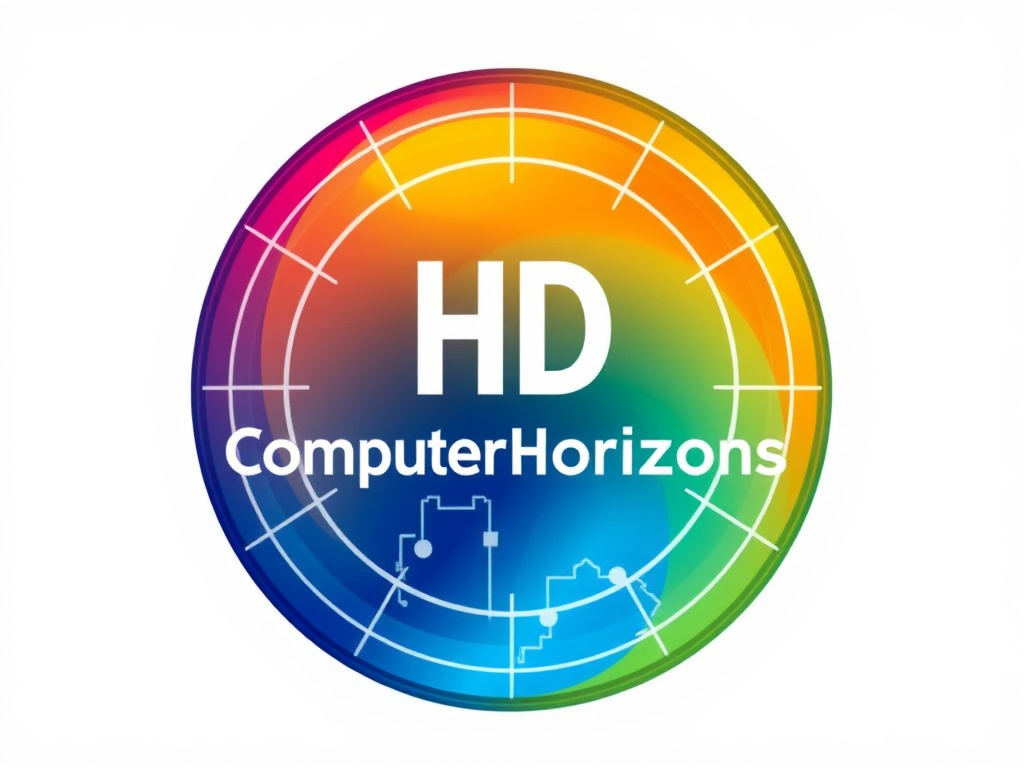The Changing Face of Modern Computing in the UK
The evolution of modern computing in the UK is marked significantly by the rise of smartphones as primary computing devices. Today, many British users rely on smartphones not just for calls but also for web browsing, social media, and even work tasks. This shift has expanded the public perception of computing beyond traditional desktops and laptops, embracing a more fluid, mobile-centric experience.
Smartphones shape digital expectations by enabling instant access to information and services, influencing how people interact with technology daily. In the UK, this has led to greater demand for apps and platforms optimized for smaller, portable screens. The societal view on computing now includes the idea that a mobile-first approach is not just convenient but integral to the digital lifestyle.
This might interest you : How Do Latest Smartphone Innovations Transform User Experiences?
Understanding this transformation involves recognizing how smartphones redefine computing roles. In many households, these devices have become the preferred and sometimes sole computing machines, blending communication, entertainment, and productivity into one compact tool. Such changes highlight a progressive shift in the British public perception of what computing entails.
Impact of Smartphones on Daily Digital Habits
Smartphones in the UK have become central to everyday life, profoundly shaping digital habits. The increasing reliance on these devices for routine tasks—such as checking emails, navigating apps, and streaming media—reflects a significant shift in British smartphone usage. Many users prefer smartphones for quick access, demonstrating a trend where mobile computing often replaces desktops and laptops for convenience and immediacy.
Also to see : What are the benefits of smartphone integration in UK smart homes?
How do smartphones reshape entertainment and communication habits? They provide seamless, on-the-go access to social media, messaging, and multimedia, fostering continuous connectivity. This constant access modifies behaviours, encouraging shorter attention spans but also greater multitasking capabilities.
Compared to desktops, smartphones in the UK dominate casual browsing and instant communication, while laptops remain preferred for intensive work. This divergence highlights evolving digital habits: the smartphone is now primary for daily engagement, while traditional computing serves specialised tasks.
In summary, British smartphone usage drives mobile computing trends that emphasize flexibility and immediacy. Understanding these patterns offers valuable insight into how digital habits evolve alongside technological advancements.
The Changing Face of Modern Computing in the UK
Modern computing in the UK is increasingly defined by smartphones as primary computing devices. This shift has transformed the public perception of computing by moving the focus away from traditional desktops and laptops toward portable, always-connected technology. Smartphones in the UK serve multiple roles, including communication, entertainment, and productivity, making them indispensable tools for many users.
How do smartphones shape digital expectations and behaviours in the UK? They encourage a mobile-first mindset that prioritizes instant access to information and flexible use in varied contexts, from commuting to working remotely. This has driven demand for apps and services optimised for smaller screens and touch interfaces, influencing software development and user experience standards.
Societal views on computing now embrace the seamless integration of smartphones into daily life. Instead of viewing computing strictly as use of a computer, the British public increasingly recognises a broader definition that includes smartphones, reflecting their pivotal role in modern digital habits. This evolving perception highlights how smartphones reshape not only technology use but also cultural attitudes towards what computing truly means today.
The Changing Face of Modern Computing in the UK
The rise of smartphones in the UK as primary computing devices has fundamentally altered the landscape of modern computing. This transformation extends beyond mere hardware preference, deeply influencing the public perception of what computing entails today. Rather than associating computing solely with desktops or laptops, a substantial portion of UK users now regard smartphones as the essential portal to the digital world.
How exactly do smartphones shape digital expectations and behaviours in the UK? They offer instant access to communication, entertainment, and productivity tools, fostering a culture that values speed and convenience. This fuels demand for seamless, user-friendly apps designed for mobile environments, influencing software development trends across the country. Moreover, this mobile-first approach redefines computing, making it more ubiquitous and integrated into everyday life.
The shift also prompts a reconsideration of the traditional boundaries of computing. As smartphones consolidate multiple functions—from messaging to complex workflows—the definition of computing in the UK broadens. This expanded view reflects societal acceptance that modern computing includes portable, connected devices, not just stationary machines. In sum, smartphones catalyse both technological and cultural evolution within the UK’s computing scene.
The Changing Face of Modern Computing in the UK
The rise of smartphones in the UK as primary computing devices has transformed the public perception of modern computing. No longer confined to desktops or laptops, computing now embraces portable, always-connected devices. This shift reflects a broader understanding of technology’s role, where smartphones in the UK dominate everyday interaction—blending communication, entertainment, and productivity in one versatile tool.
How do smartphones shape digital expectations and behaviours in the UK? They establish a mobile-first mindset prioritising instant access and convenience, influencing users to favour apps optimised for smaller screens. This shift drives demand for intuitive, seamless software experiences tailored to mobile environments.
Societal views on computing have evolved accordingly. Many Britons see smartphones not just as devices but as essential gateways to the digital world, expanding the very definition of modern computing. This change reflects cultural adaptation to mobile connectivity, underscoring how smartphones shape both technology use and the general perception of what it means to compute in today’s UK.
The Changing Face of Modern Computing in the UK
The rise of smartphones in the UK as primary devices has redefined the boundaries of modern computing. Unlike traditional desktops, these portable devices support multifaceted roles—communication, work, and entertainment—blurring previous distinctions of what computing entails. This shift drives a mobile-first mindset among users, shaping public perception that computing now means instant, flexible access anytime and anywhere.
How exactly do smartphones shape digital expectations and behaviours in the UK? They create demand for rapid, seamless experiences tailored to smaller screens, pushing developers to prioritise intuitive app interfaces and fast responsiveness. Users expect technology to effortlessly integrate into daily life, influencing not just individual habits but the broader UK tech landscape.
Societal views have shifted accordingly, recognising smartphones as essential computing tools rather than mere communication devices. This change reflects an expanded understanding of modern computing—one that embraces mobility and connectivity over static performance. In sum, smartphones have catalysed a tectonic cultural and technological transformation in British computing perceptions and practices.

